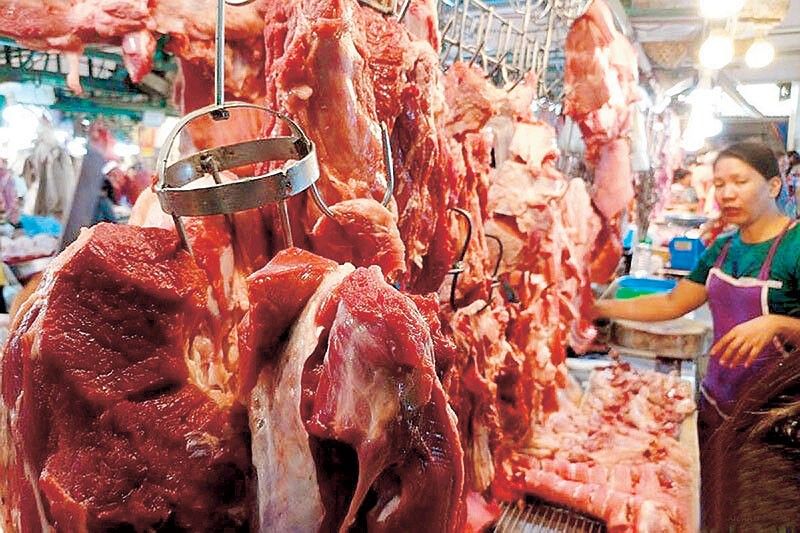Meat imports to further rise this year

MANILA, Philippines — The Philippines’ meat imports are expected to further increase this year as lower tariffs attract more foreign supplies to meet the country’s growing demand for cheaper meat products, according to the United Nations’ Food and Agriculture Organization (FAO).
The FAO projected that the country’s total meat imports this year would reach 1.09 million metric tons (MT), slightly higher than last year’s estimated volume of 1.045 million MT.
“The extension of reduced tariffs on pig meat until end-2024 and increased demand for poultry and bovine meats will likely cause imports to grow in the Philippines,” the international agency said in its recent biannual report on global food markets.
President Marcos, through Executive Order 50, extended the lower tariffs on imported pork products until the end of the year as part of his administration’s efforts to stabilize meat prices and temper the country’s inflation.
Under EO 50, pork imports within the minimum access volume (MAV) are levied with a 15-percent tariff while shipments outside the MAV are slapped with a 25-percent tariff until the end of the year.
The country’s pork imports this year are expected to increase to 393,000 MT from last year’s 388,000 MT, according to the FAO.
Meanwhile, bovine meat imports by the Philippines are expected to climb to 205,000 MT from 192,000 MT.
“Global trade in meat will likely rebound as demand is expected to exceed domestic supplies in leading meat-importing countries,” the FAO said.
The Philippines is the fourth biggest importer of pork in Asia, based on the FAO report.
Furthermore, the international agency noted that the Philippines would contribute to higher world poultry meat trade as local consumers seek more affordable meat alternatives.
The global poultry meat trade is projected to increase by 1.5 percent this year to 16.312 million MT from 16.078 million MT last year, according to FAO.
“Much of the import demand is expected from the United States, Malaysia, Iraq, the Philippines, the European Union and South Africa due to increasing domestic demand and relative affordability of poultry meat compared to other meats,” it said.
Meanwhile, the FAO estimates that the Philippines’ dairy imports will increase by 7.19 percent year-on-year to 2.49 million MT from 2.323 million MT. The FAO attributed the increase to higher demand from the food service sector coupled by lower international skim milk prices.
- Latest
- Trending



























